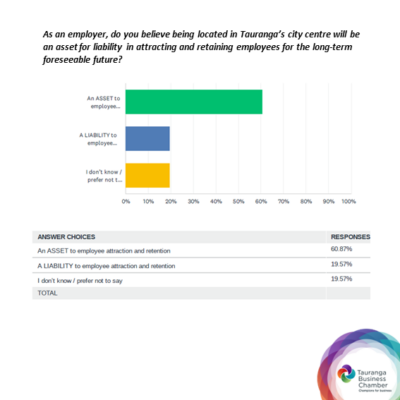With the uncertainty of a return to Alert Level 3 looming, some businesses need to prepare for possible closure and what this means for their employees who can’t work from home.
We spoke to Jeremy Sparrow, Associate at Holland Beckett Law, and Abigail Pearce, Solicitor at Holland Beckett Law, to find out more.
Can I reduce an employee’s pay or hours during the lockdown period?
Not without agreement. An employer has good faith obligations to be communicative and responsive, and this requires consultation with an employee before any proposed reduction in pay or hours are made.
It is important to provide the employee with a genuine reason for the proposed changes (for example, financial reasons or as an alternative to redundancy) and if possible a clear timeframe of how long the changes are expected to remain in place. Any agreed change should be recorded in writing between the parties.
If agreement is not able to be reached, then a restructure may be necessary impacting one or more roles depending on the circumstances.
Can I expect an employee to take annual leave during the lockdown period?
Employees can be encouraged by their employer to take unused annual leave during the lockdown period. If agreement is reached that the employee will use their annual leave during this time, this should be recorded in writing.
If the employee and employer cannot agree on a time for taking leave, the employer can require the employee to take annual leave at a specified time during the closedown by giving the employee 14 days’ notice of the requirement to take annual leave.
However, the good faith obligations still apply and the employer should use reasonable effort to reach agreement with the employee before utilising their right to require the employee to take annual leave.
What about sick leave?
An absence from work due to business closure is not ‘sick leave’. However, employees and employers can agree that the employee will take unused sick leave during a lockdown if themselves, or one of their dependents, are sick.
Employees cannot be required by their employers to take sick leave during the closedown if they are not sick. It is important to remember that minimum sick leave entitlements increased from 5 to 10 days per year from 24 July 2021. Employees get the extra five days per year when they reach their next entitlement date (being either after reaching 6 months’ employment or on their sick leave entitlement anniversary).
Alert Level 3
Can businesses require employees to take annual leave or other paid leave entitlements?
In some circumstances, employers can require employees to use annual leave entitlements. Consultation is required. If agreement cannot be reached on the time for taking leave, the employee may be required to do so on 14 days’ notice. We recommend seeking advice before doing so.

Other than the aforementioned, employers cannot ‘force’ employees to use their annual leave. We recommend consulting with employees and recording agreements in writing regarding leave. An absence from work due to business closure is not ‘sick leave’. However, this could be accessed on a discretionary basis (technically they would not be entitled to this unless they are genuinely unwell).
Other leave may be available to be accessed, including time in lieu and discretionary leave. Whether the employer can require the employee to take these will depend on the terms of the leave entitlement itself.
Are employers allowed to ask their staff to take pay cuts and in what types of situations?
An employer can discuss and consult with employees about taking a pay-cut, and there is no specific situation in which this must occur. However, there is no obligation on employees to agree to a reduction in pay. If an employee does not agree, an employer cannot lawfully unilaterally reduce an employee’s pay. To do so would give rise to a personal grievance for unjustified disadvantage.
Employers cannot make changes to employee’s entitlements under their employment agreement, including pay, hours of work and leave entitlements, without the express written consent of the employee.
What is your advice to employers if we do move back to into alert level 3 or 4?
Employees and employers should continue to deal with each other in good faith, while recognising that this is a difficult time for both. Employers should do their best to keep employees in communication, and aware of any proposals/changes that may impact their employment. eeping up communication can alleviate worries around what is ahead, and ensure the employer knows if there are any special considerations they need to take into account when dealing with employees.
Employer should stay up to date with the Government’s COVID-19 response and Ministry of Health Guidelines. If the business is still operating, employers should implement appropriate adjustments to the workplace and way of working i.e. social distancing, split shifts, encouraging proper hygiene, and working from home where possible.
Employers should also ensure employees feel supported and informed, and offer access to services such as EAP (remotely) where available/ appropriate.
For information on Government Business Support, visit this webpage.
















































